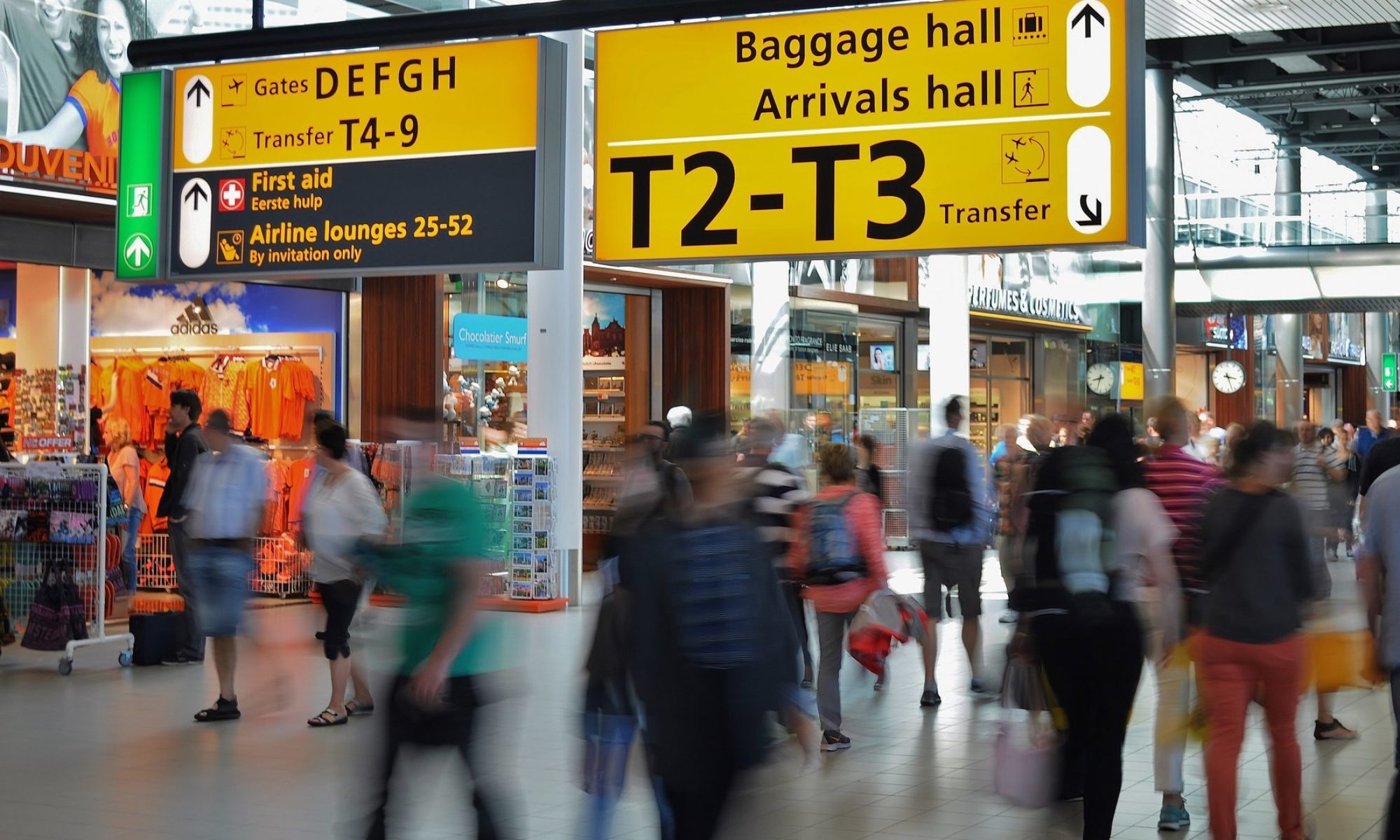Having failed repeatedly to partially privatise the Ahmedabad and Jaipur airports, with sweetening of conditions proving inadequate for investment, the Union government has changed tack and opted for the public private partnership (PPP) model to redevelop the Ahmedabad, Jaipur and four other airports.
More than 12 years after the Delhi and Mumbai airports were privatised, the facilities at Lucknow, Jaipur, Ahmedabad, Mangaluru, Trivandrum and Guwahati would be going under the hammer in the coming weeks, a move that has been welcomed by experts. “We should see good participation from both domestic and international players,” says Jagannarayan Padmanabhan, director and practice lead at CRISIL Infrastructure Advisory.
Under the new framework the ministry of civil aviation has devised, a longer concession period of 50 years is being offered to prospective developers for greater certainty of returns, besides the elimination of the contentious revenue-sharing bidding criterion. In a departure from the first round of airport privatisation, the bids would be assessed on the basis of the highest monthly per-passenger fee offered to the Airports Authority of India (AAI).
Airport operators have often complained of the high fund outgo under the revenue-sharing model as it is based on gross revenue instead of profits, with the revenues to be shared in case of losses as well. It also limits the operators’ capacity to invest in expansion work. On the other hand, the passenger fee would be decided at the time the contract is awarded, continuing over a five-year period.
“A longer concession tenure and replacement of the revenue-sharing parameter would make the projects more viable. This should help address the need to build world-class airports in non-metro cities,” holds Satyan Nayar, general secretary of the Association of Private Airport Operators.
The six airports chosen for redevelopment could attract over $1-bn investment, it is estimated. “Each of the airports needs an investment of $200 mn,” Padmanabhan points out. Several domestic and overseas investment entities including infrastructure funds are said to be keen on the upcoming investment opportunity.
Significantly, the GVK group which operates the Mumbai airport had shown interest in redeveloping the Ahmedabad and Jaipur airports under the old tender. “We would be interested in participating in the bids. We are in the process of evaluating the bid conditions,” says a private airport developer.
In an attempt to fast-track the process, the Centre is looking to award the contracts by February-end. However, with the general elections scheduled for May this year, this may prove a tall ask — CAPA India has described the government’s timeline for airport privatisation as aggressive.
The consultancy firm had highlighted that India’s aviation sector needs investment to the tune of $45 bn by 2030. With India being the world’s fastest growing aviation market, its airports are grappling with serious capacity constraints. According to the AAI, 11 of the 25 major airports have been handling more passengers than their designed capacity. And many other airports would have breached their capacity limits in the next five years.
Source: Financial Express


